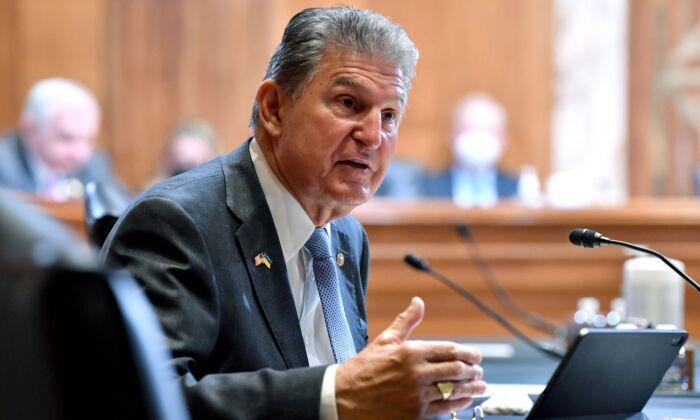The Biden administration has revised field guidance to ensure pregnant unaccompanied minors abortion access after the Supreme Court returned the abortion decision to states by overturning Roe v. Wade in June.
“The only instance in which a transfer may be made to a state that does not provide abortion access is if such a transfer will facilitate access to an abortion, such as providing a travel route, because the UC [unaccompanied child] will be placed in a different ORR facility geographically close to lawful abortion care,” the revised guidance reads.
Further, the rules require ORR staff to submit a transfer request “without delay and no later than within 24 hours of the UC’s request for an abortion.”
And the ORR field guidance makes an abortion a matter between the unaccompanied child, the ORR, and the medical staff who execute the operation. It states that the ORR and medical staff “must not communicate information about a UC’s pregnancy (including the fact of the pregnancy) or UC’s decision on whether to have an abortion (before or after the abortion) to individuals other than ORR federal staff and care providers directly involved in the UC’s case.”
On June 24, the Supreme Court overturned Roe v. Wade, the seminal 1973 precedent that essentially legalized abortion in the United States.
In the majority opinion, Justice Samuel Alito wrote that in the first 185 years after the U.S. Constitution was adopted, “each state was permitted to address this issue in accordance with the views of its citizens,” but then, in 1973, the Supreme Court decided Roe v. Wade. Despite the Constitution not mentioning abortion, the court found that “it confers a broad right to obtain one.”
The court made no claim “that American law or the common law had ever recognized such a right, and its survey of history ranged from the constitutionally irrelevant (e.g., its discussion of abortion in antiquity) to the plainly incorrect (e.g., its assertion that abortion was probably never a crime under the common law),” Alito wrote.
The ORR is a subsidiary of the Department of Health and Human Services.





